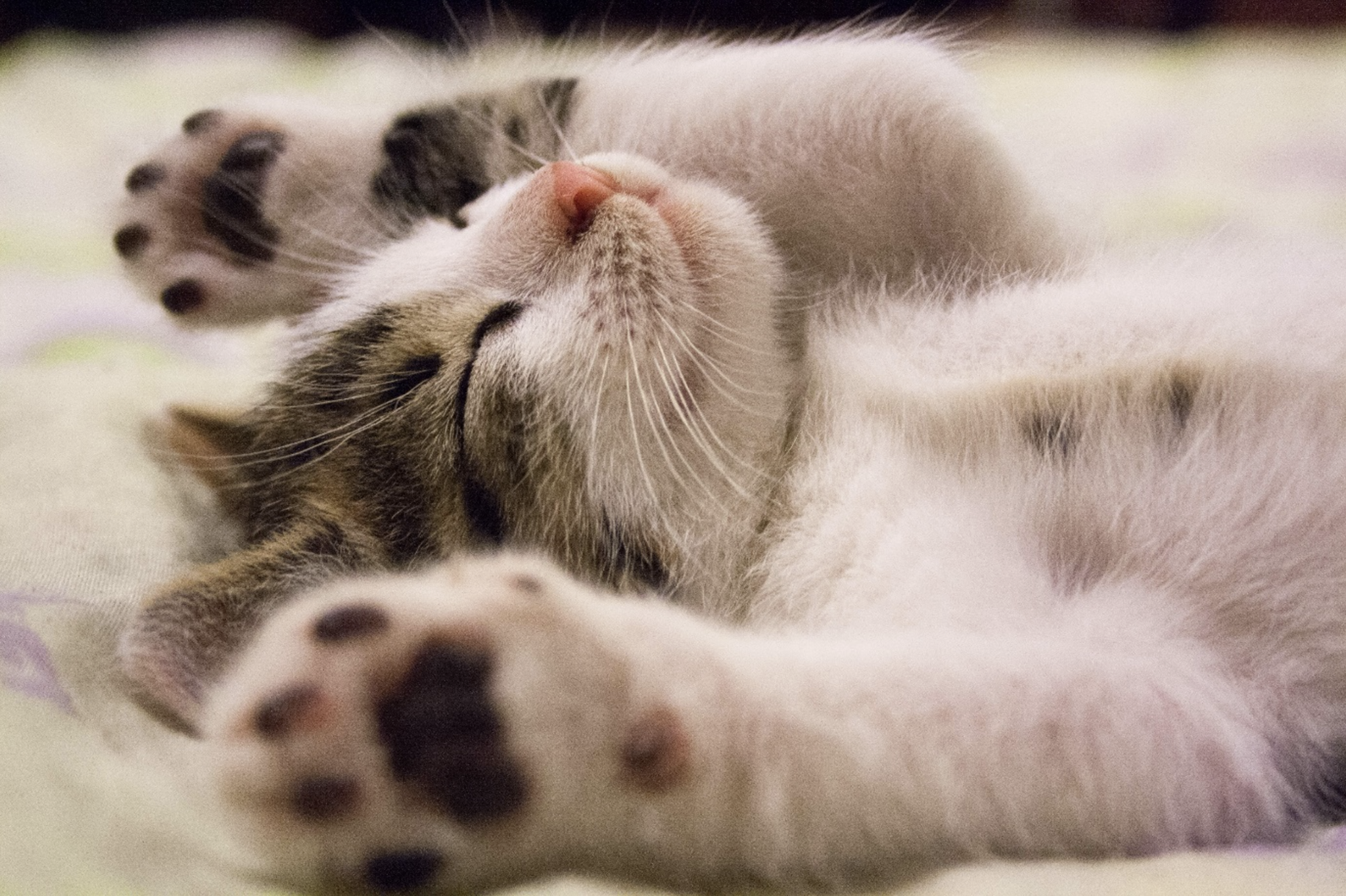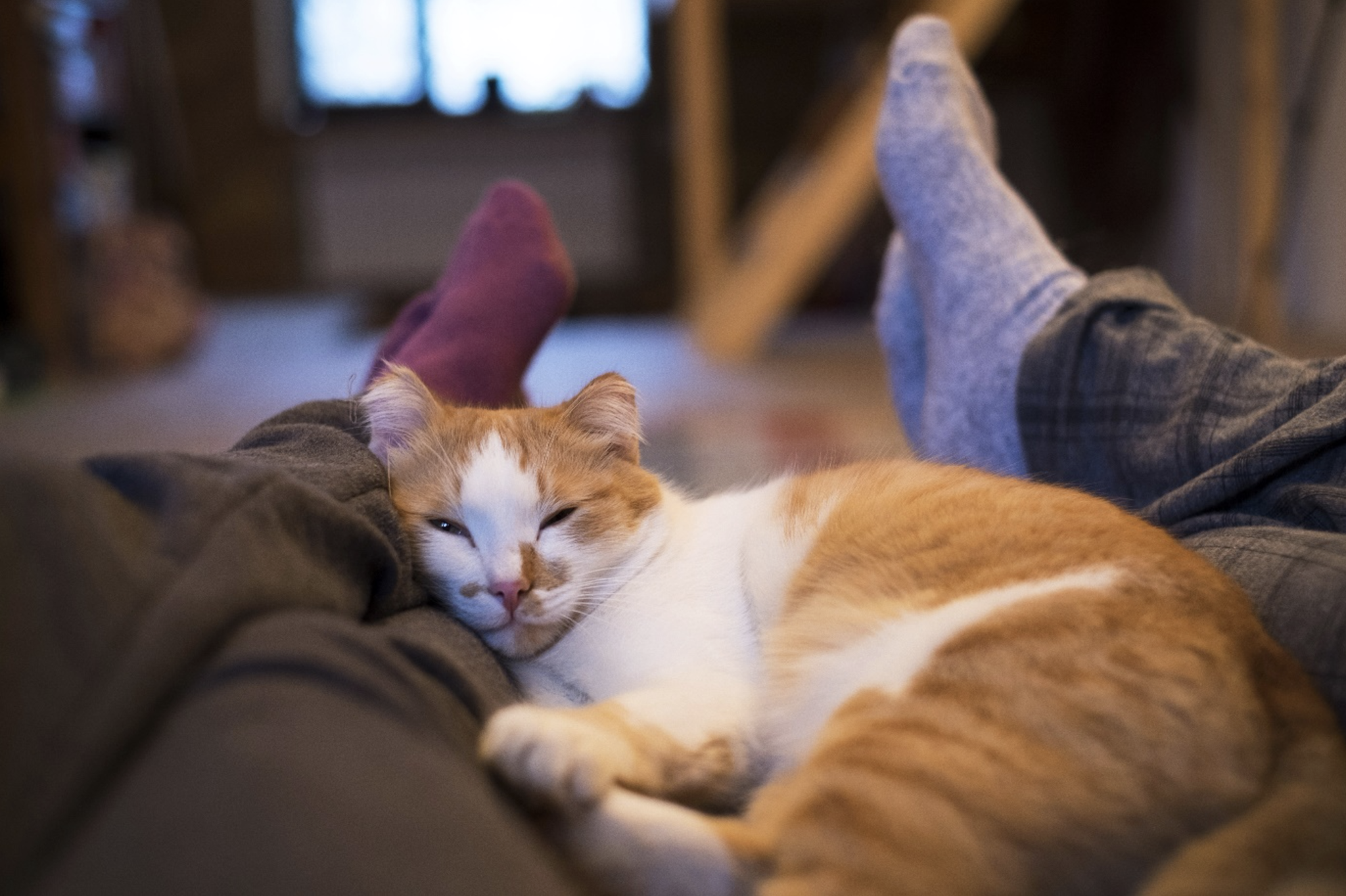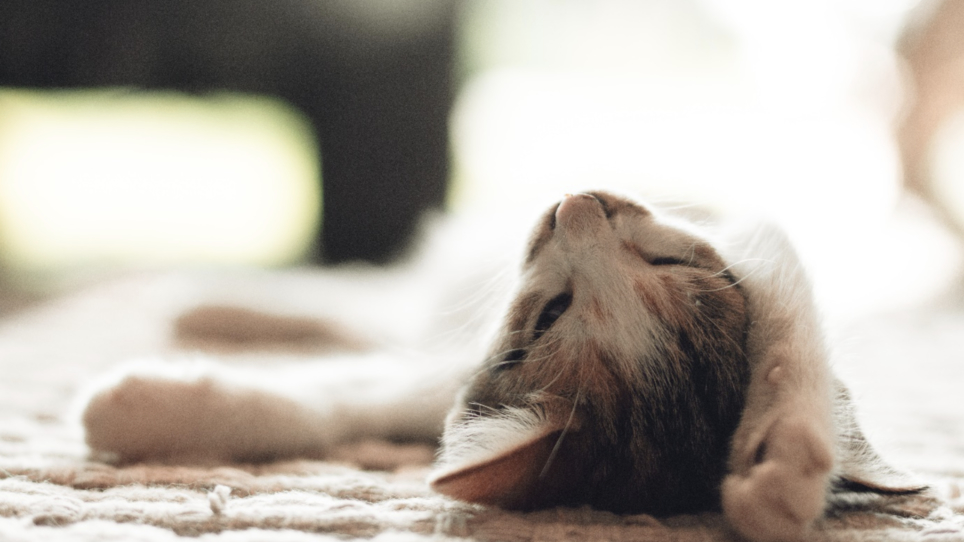Making sure your cat is up to date with their vaccinations is one of the most important things you can do as a pet owner.
It can be confusing trying to figure out which vaccinations your cat needs and when, so our expert team has put together this handy guide to help you out.
Why is it important to vaccinate your cat?
Making sure your cat is fully vaccinated will protect it from high-risk diseases, such as Feline Panleukopaenia, Feline Calicivirus, Feline Herpes virus These are the core vaccines for cats.
The non-core vaccines for cats are chlamydia, feline immunodeficiency virus (FIV) and feline leukaemia virus (FeLV). You should always check with your vets as to which vaccines they recommend for your geographical area. For example, FeLV is not currently present in South Australia so you would not need to vaccinate against it.
Your cat will also need to be fully vaccinated if you ever need to put them into a cattery.
When should I get my cat vaccinated?
The first vaccination against Feline Panleukopaenia and the two components of cat flu (Feline Calicivirus and Feline Herpes virus) is typically given at six to eight weeks of age. They will then need to return every two to four weeks until they are 16 to 20 weeks of age.
It’s important to follow the schedule laid out by your vet to ensure the vaccinations are effective.
Depending on your cat’s circumstances and the duration of the immunity provided by the vaccine your vet uses, you may need to take them back for another vaccination every one to three years – as directed by your vet.

What will my cat be protected against?
Feline Panleukopaenia
Feline Panleukopenia virus is a highly contagious viral disease in cats. Kittens are often the most severely affected and can become very sick very quickly.
The clinical signs that are commonly seen are lethargy, fever, vomiting, diarrhoea, a loss of appetite and sudden death.
Adult cats are often much less affected but can still have significant vomiting and diarrhoea.
The virus is spread through contact with infected cats or their faeces, secretions and even their food and water bowl, blankets and on our shoes and clothes.
The virus is very resistant and can live in the environment for up to 18 months. Recovered cats can shed the virus for many weeks after infection.
Cat Flu (Feline Herpesvirus and Feline Calicivirus)
Feline Calicivirus is a highly contagious virus that causes mild to severe respiratory disease and can cause nasty oral disease too.
Clinical signs are nasal discharge, ocular discharge, conjunctivitis, ulcerations of the tongue, lethargy, a loss of appetite, lameness, and fever.
Not all cats recover completely from calicivirus, and some go on to develop chronic respiratory or oral disease. Some cats recover but have outbreaks of the disease throughout their life and shed the virus during period of stress.
The virus is readily transmitted through direct contact with affected cats, through saliva, sneezes ocular or nasal discharge, food and water bowls and on our clothes and shoes.
Vaccination does not necessarily prevent infection with Feline Calicivirus, but does greatly reduce the severity of the disease.
Feline herpesvirus (FHV)
Feline herpesvirus is a highly contagious virus that causes mild to severe respiratory disease and can cause nasty oral disease too. Clinical signs are nasal discharge, ocular discharge, conjunctivitis, sneezing, nasal discharge, salivation, coughing, loss of appetite, fever, eye ulcer and inflammation of the cornea.
Not all cats recover completely from herpesvirus, and some go on to develop chronic respiratory or ocular problems. Some cats recover but have outbreaks of the disease throughout their life and shed the virus during period of stress.
The virus is readily transmitted through direct contact with affected cats, through saliva, sneezes ocular or nasal discharge, food and water bowls and on our clothes and shoes.
Vaccination does not necessarily prevent infection with FHV but does greatly reduce the severity of the disease.

Are you protecting your pet’s health? To find out more about keeping your pet as healthy as possible, click the button below!
